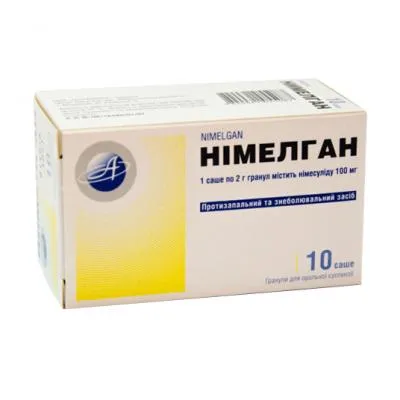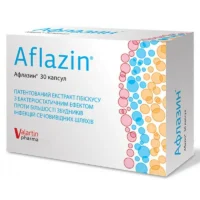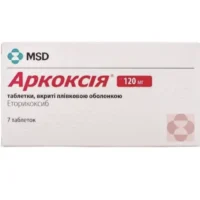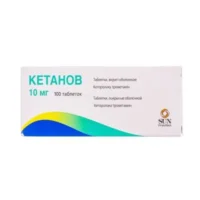Description
Nimelgan (Nimesulide) Granules 100 mg
Ingredients:
- Each sachet contains 100 mg of nimesulide.
Dosage:
- The recommended dosage for adults is one sachet (100 mg) twice daily.
Indications:
- Nimelgan granules are indicated for the relief of pain and inflammation in conditions such as osteoarthritis, rheumatoid arthritis, and acute musculoskeletal disorders.
Contraindications:
- Do not use Nimelgan granules in patients with a history of hypersensitivity to nimesulide or other NSAIDs, peptic ulcer, severe heart failure, or renal impairment.
Directions:
- Empty the contents of one sachet in a glass of water, stir well, and drink immediately. Do not exceed the recommended dosage.
Scientific Evidence:
- Nimesulide, the active ingredient in Nimelgan granules, is a selective COX-2 inhibitor with anti-inflammatory, analgesic, and antipyretic properties. Studies have shown that nimesulide effectively reduces pain and inflammation in various inflammatory conditions.
Additional Information:
- Nimelgan granules offer a convenient dosage form for patients who have difficulty swallowing tablets. The granules are rapidly absorbed, providing quick relief from pain and inflammation. Research has demonstrated the efficacy and safety of nimesulide in the management of acute and chronic pain conditions. Clinical trials have shown that nimesulide is well-tolerated and has a favorable gastrointestinal safety profile compared to other traditional NSAIDs.





